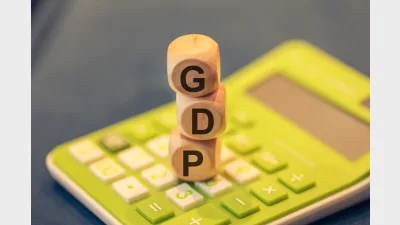Getting a better deal on hedge funds: Towers Watson


Institutional investors are starting to wield the upper hand when it comes to fee negotiations with hedge funds, according to a Towers Watson research paper.
The traditional 'two plus 20' model (2 per cent of total assets under management, plus 20 per cent of the outperformance) is coming under pressure from investors with large allocations and long-term investment horizons, according to the report.
Towers Watson senior investment consultant Ross Barry said a more equitable management fee would be aligned with the operating costs of the firm, rather than a percentage of assets under management.
Fee structures based on assets under management have contributed to a misalignment of interests between investors and hedge funds in the past, he added.
"Managers share profits, but there is no mechanism for them to share losses so there is an incentive to take excessive risk rather than targeting high long-term returns," Barry said.
He recommended fee structures that contain 'hurdles' (ie, where the manager will not charge a performance fee until the performance exceeds a predetermined target).
'High watermarks' (which can effectively limit the fees payable) and clawback provisions in the event of drawdowns may also be appropriate, Barry said.
Institutional investors can also take advantage of their long-term time horizon to trade-off some amount of liquidity in return for lower fees, Barry said.
Ultimately, the most equitable arrangement would be for one-third of outperformance to go to the manager and the rest to go to the investor, according to Towers Watson.
Recommended for you
Economic growth was weaker than expected, once again highlighting an economy largely sustained by population growth and government spending.
In this latest edition, Anna Shelley, CIO at AMP, shares the fund’s approach to current market conditions and where it continues to uncover key opportunities.
The mega fund has announced a $2.2 billion investment in a leading data centre platform, bringing its global real assets portfolio to nearly $60 billion.
In this latest edition, Australian Retirement Trust’s head of global real assets Michael Weaver explains the fund’s approach to finding new opportunities as it surpasses $300 billion in funds under management.













